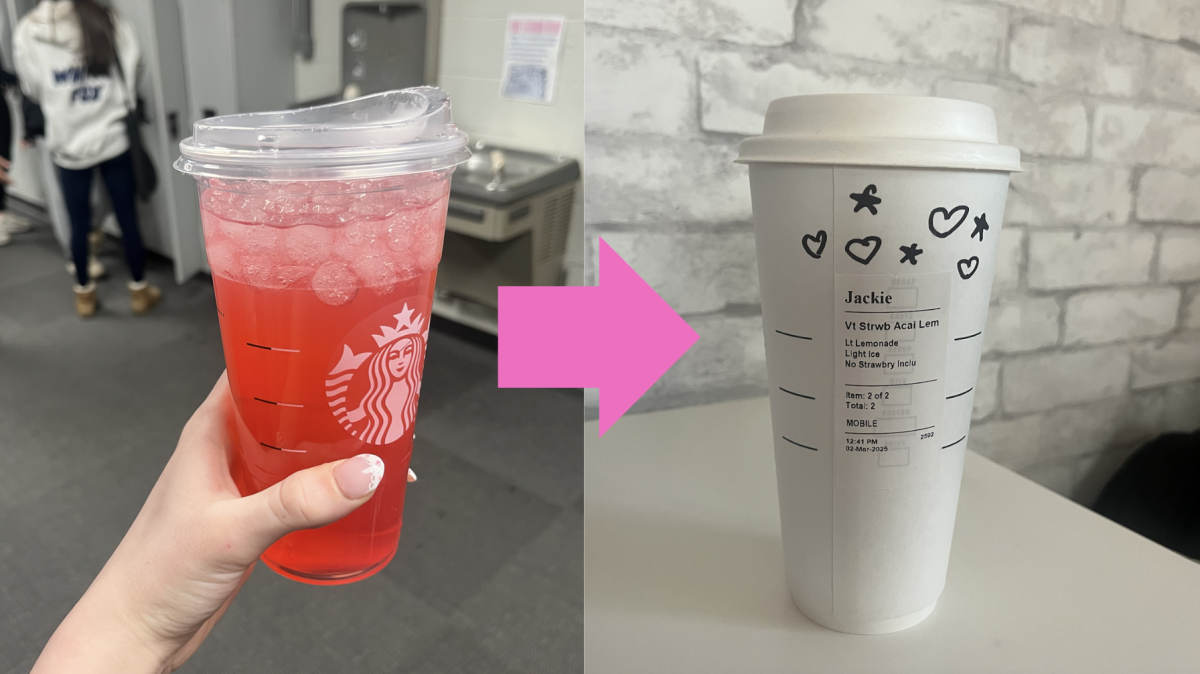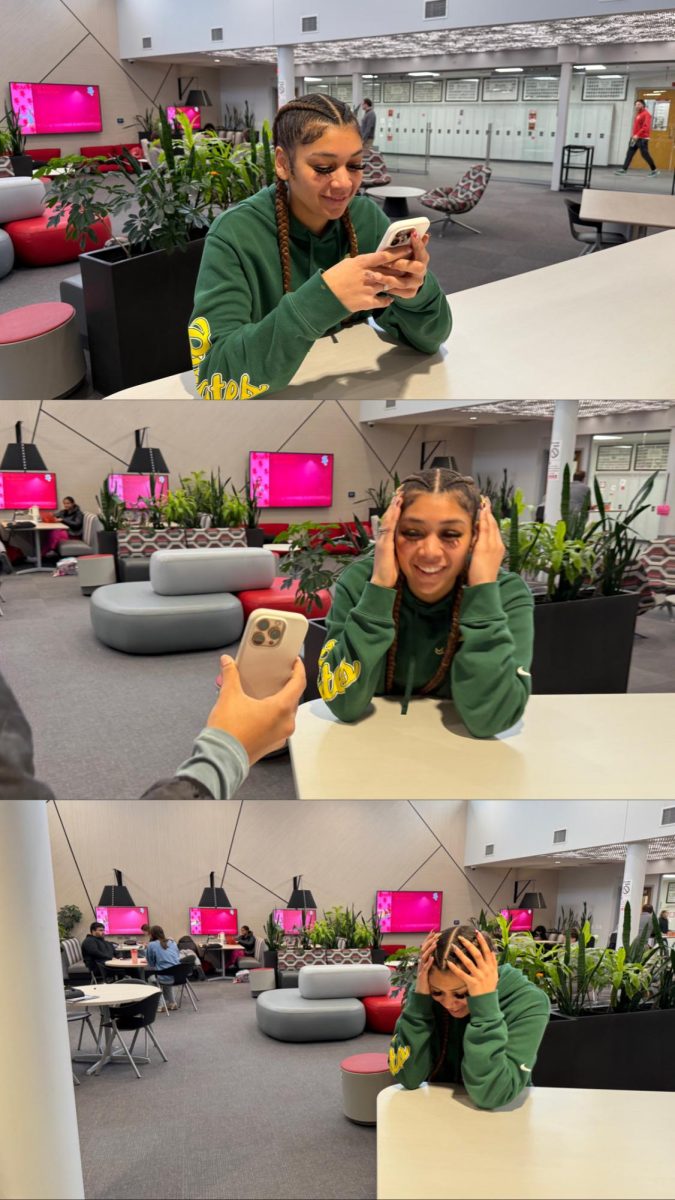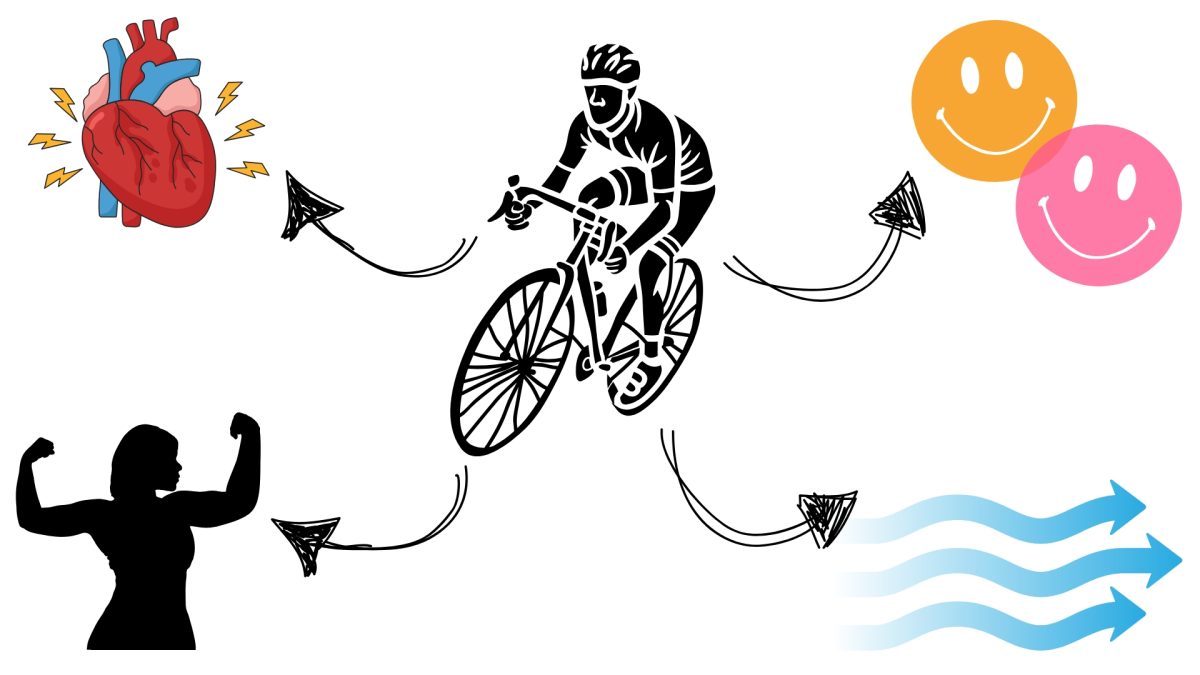In today’s ever-busy world, social media has become an almost inseparable part of daily life. From scrolling on TikTok to tapping through Snapchat stories to checking your Instagram notifications, millions of people are glued to their devices. Behind these seemingly harmless posts and scrolls lies a dark side— strong emotional attachment and, for some, addiction.
Social media’s constant presence has completely reshaped the way people think, connect, and communicate. Worldwide, more than 4.7 billion people use some form of social media. While these diverse platforms have allowed people to become closer, they have also made individuals increasingly vulnerable to the growing dependence on screens that may be hard to break away from.
One of the key aspects of social media addiction is the constant search for validation. The “share”, “like”, and “comment” features serve as forms of affirmation, boosting self-esteem and dopamine rushes, which condition the brain to crave that feedback from other people, leading to an emotional attachment. The need for external validation becomes extremely evident when looking into the lives of influencers and content creators, whose entire lives depend on their followers. For them, every post and every video is a play for attention, and the line between healthy engagement and total obsession is easily crossed.
As emotional attachment deepens, social media addiction can worsen. Recently, social media addiction has been categorized as a form of behavioral addiction according to the Addiction Center. The consequences are not just limited to spending too much time in front of a screen but also can disrupt sleep patterns, increase stress/anxiety levels, and ruin relationships. Essentially, prolonged exposure to idealized images of others can contribute to deteriorating mental health. Social media platforms are incredibly curated spaces, where users usually only show the best parts of their lives, creating a warped sense of reality. The disconnect between online and real life can trigger mental health issues, especially in children or teens who are still developing their sense of identity. Social media constantly creates a feeling of comparison, where users often compare themselves to curated images of others. The pressure to look or act a certain way to fit in can cause anxiety, low self-esteem, and even depression. Over time, the line between self-love and online validation vanishes, damaging mental health and stunting emotional development.
Even with all its downsides, social media can have certain benefits. It allows people to stay connected with loved ones, discover new communities and opportunities, and even advance in careers. However, this duality poses a tough challenge; is a healthy balance between staying engaged and preserving our mental health achievable?
The key to understanding emotional attachment to social media is recognizing the difference between healthy interaction and addictive behavior. As society continues to navigate the effects of this modern-day issue, we know that social media is not going anywhere. The question isn’t whether it’ll take control of our lives, but rather how we will choose to engage with it.




































![Teacher Lore: Mr. Hillman [Podcast]](https://bsmknighterrant.org/wp-content/uploads/2025/03/teacherlorelogo-1200x685.png)



